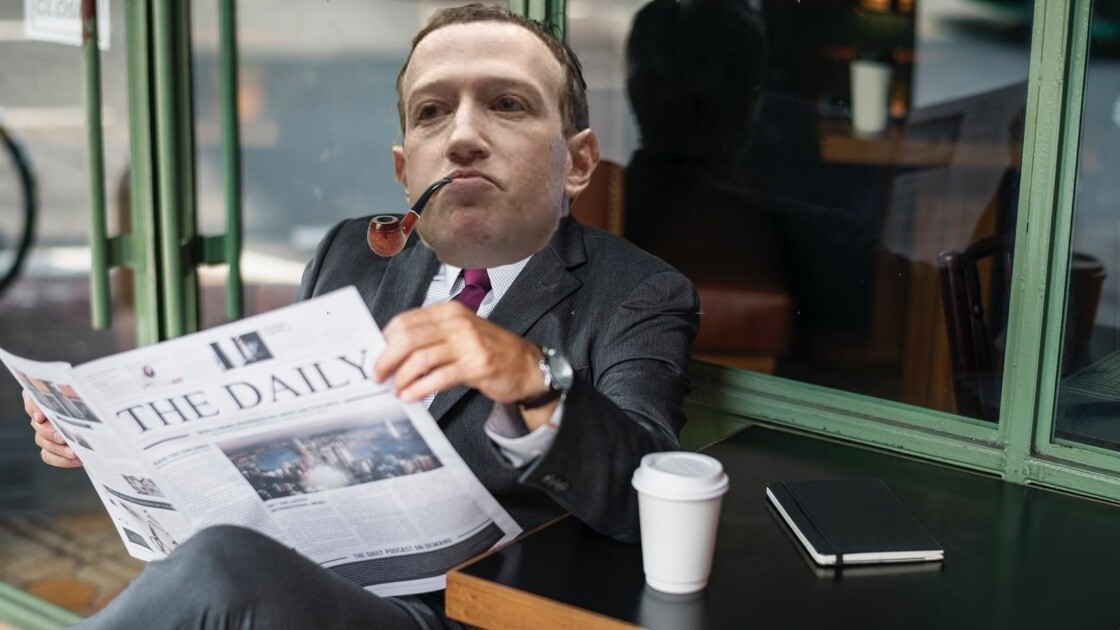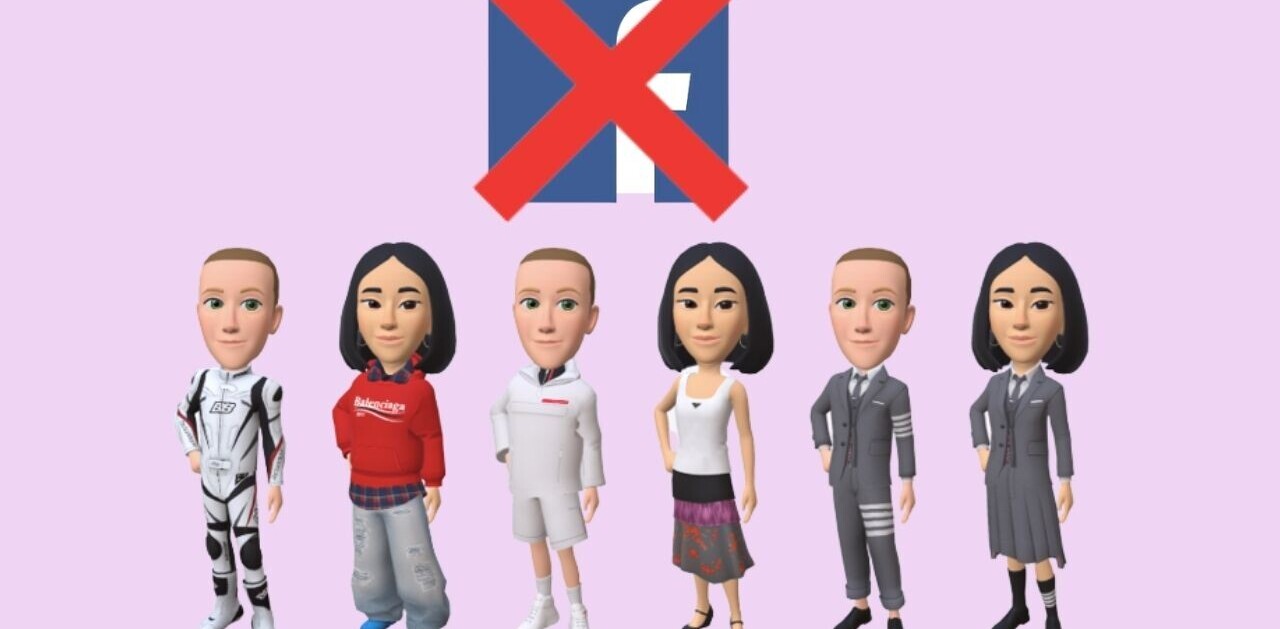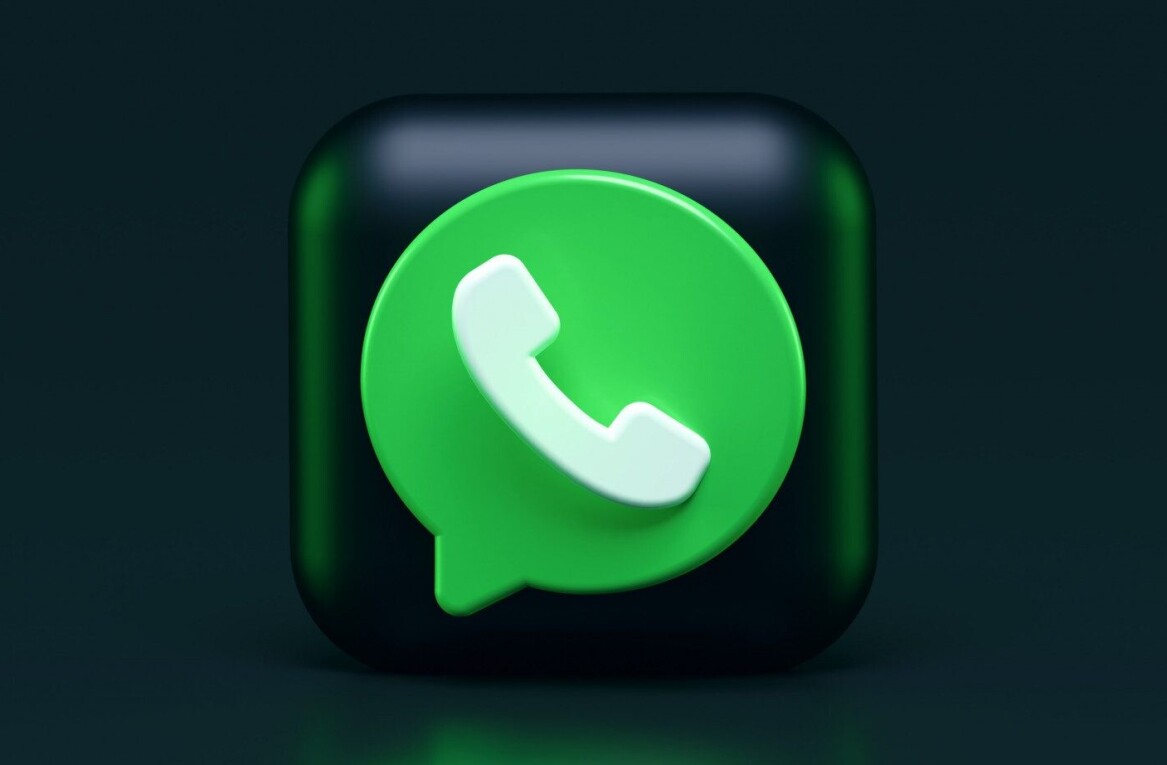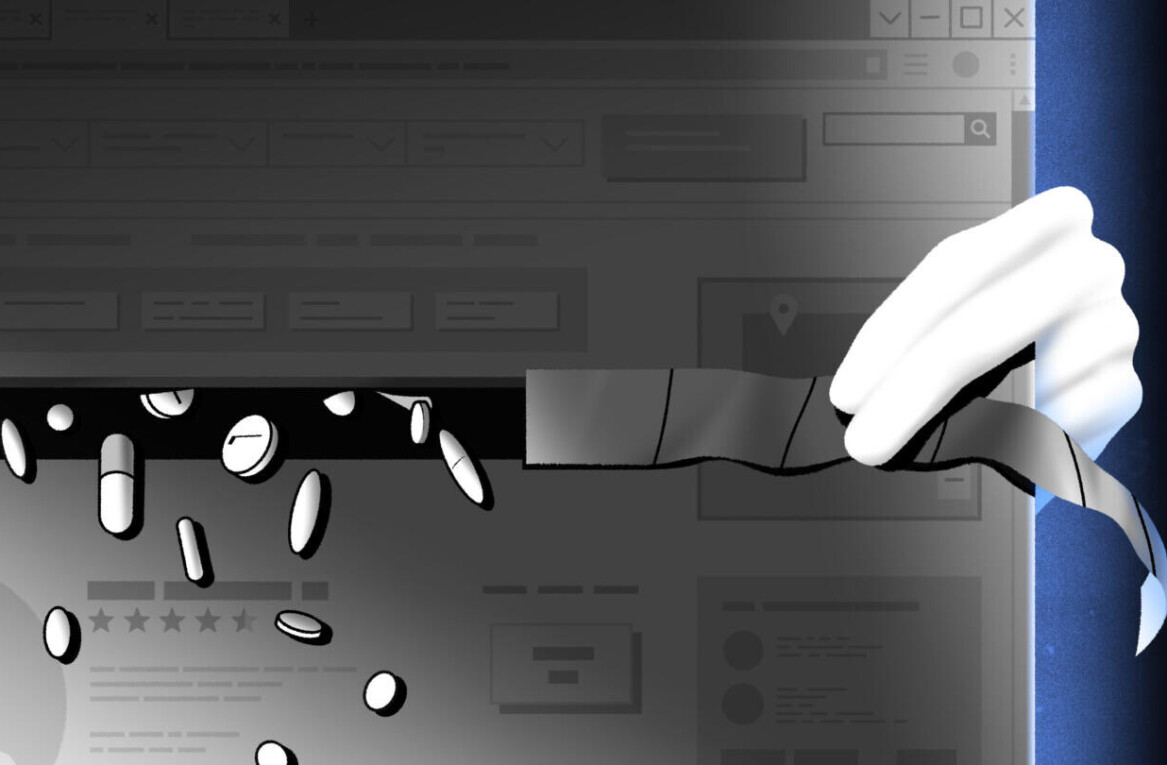The company said that it’ll continue to display critical information such as communication by authorities and the COVID-19 information center.
Australians can't see any news stories on Facebook this morning after the company banned local users from posting article links. Both local and international outlets are blocked. E.g. This is what the BBC looks like in Australia pic.twitter.com/SJ4XBM8RnC
— Frances Mao (@francesmao) February 17, 2021
Why did it come to this?
Australia’s argument while drawing up this law was that big tech benefits from showing news on its platform (like Facebook’s News Feed and Google’s search results), so it should pay media sites. Facebook and Google reasoned that it’s not mandatory for publishers to make their content available on their platforms. Plus, said publishers earn advertising revenue through clicks generated from these tech companies’ platforms.
When the Australian government didn’t back down, Google threatened to pull its search services from the country, as it thought the new law would “break how search works.” However, over the last few days, the search giant has agreed to pay for news content by signing multiple deals with publications, including Nine Entertainment and News Corp.
[Read: How Polestar is using blockchain to increase transparency]
So what will happen now?
In today’s announcement, Facebook said that last year, it helped Australian publications drive traffic worth $407 million AUD.
The company added that it proposed to invest millions in the Australian news ecosystem and hoped to bring Facebook News — its product for news where it pays publishers — to the country. However, its proposals were ignored by the government:
But these proposals were overlooked. Instead, we are left with a choice of either removing news entirely or accepting a system that lets publishers charge us for as much content as they want at a price with no clear limits. Unfortunately, no business can operate that way.

As Casey Newton notes in his newsletter Platformer, the news represents only four percent of posts on Facebook, so the company is not losing out on much. However, the effects of the firm’s moves are a bit striking. Facebook apparently used machine learning instead of a blacklist to block publishers, and that broke the Australian Bureau of Meteorology’s page. Bad algorithm.
Facebook didn’t just shut down Australian news sites, it shut down government agency pages: Hospitals, Fire & Rescue, Bureau of Meteorology, just hours after Zuckerberg spoke to our Govt & without warning. If a foreign government did this(e.g China), it would be called terrorism.
— Claire Lehmann ??? (@clairlemon) February 18, 2021
What’s more, because Australian publications also won’t be able to post news on Facebook, the rest of the world can’t see any news from the country on the social network. The ban could also promote blogs that may publish unverified news leading to a misinformation spread.
All hopes are not lost though: Josh Frydenberg, a member of parliament, said that he had a conversation with Mark Zuckerberg today, and agreed to “continue our conversation to try to find a pathway forward.” Hopefully, there will be some sort of agreement soon and users won’t have to suffer from this bizarre clash between big tech and the government.
Get the TNW newsletter
Get the most important tech news in your inbox each week.






